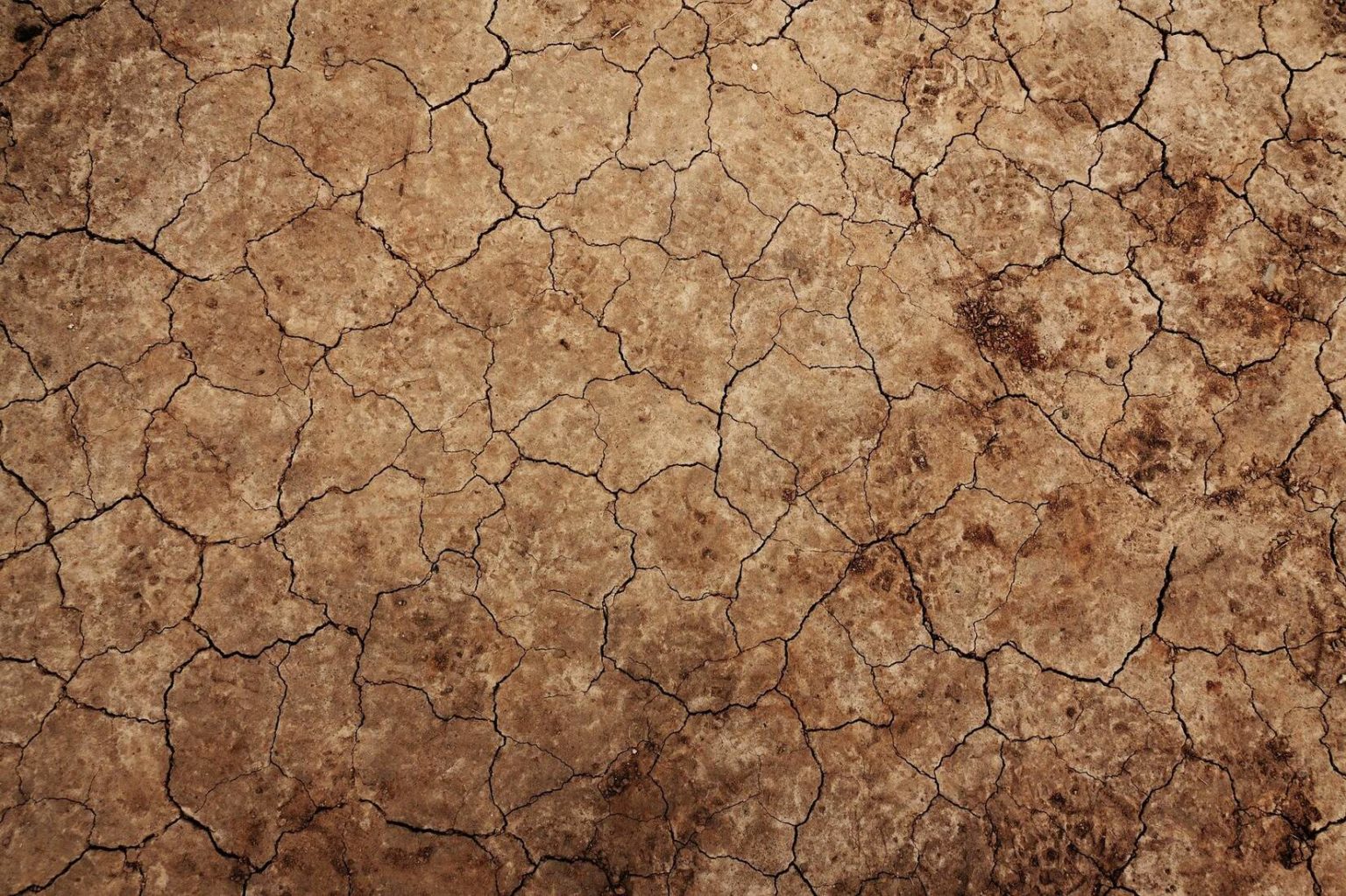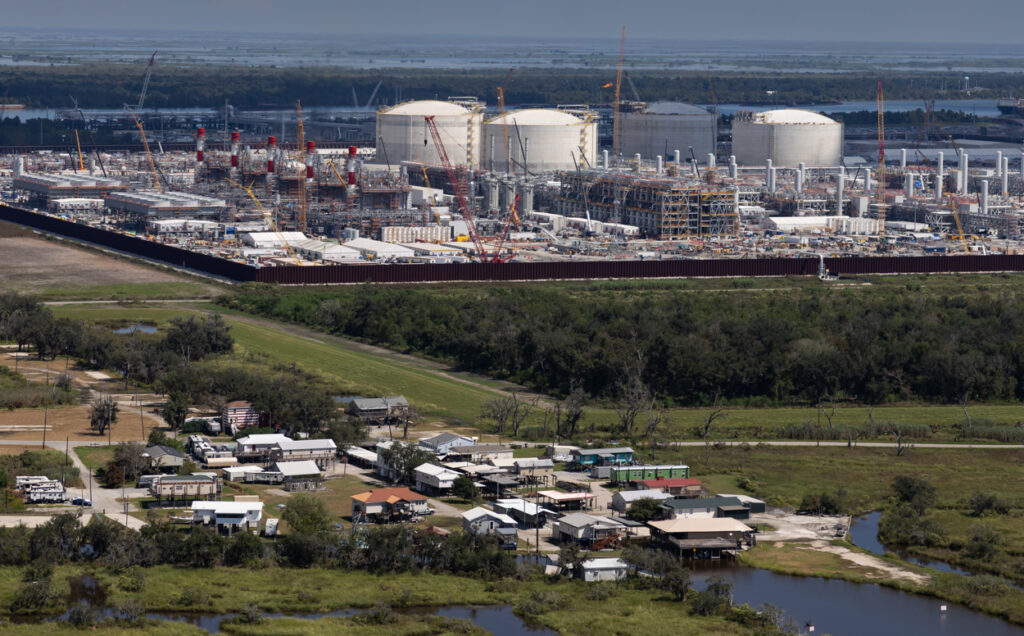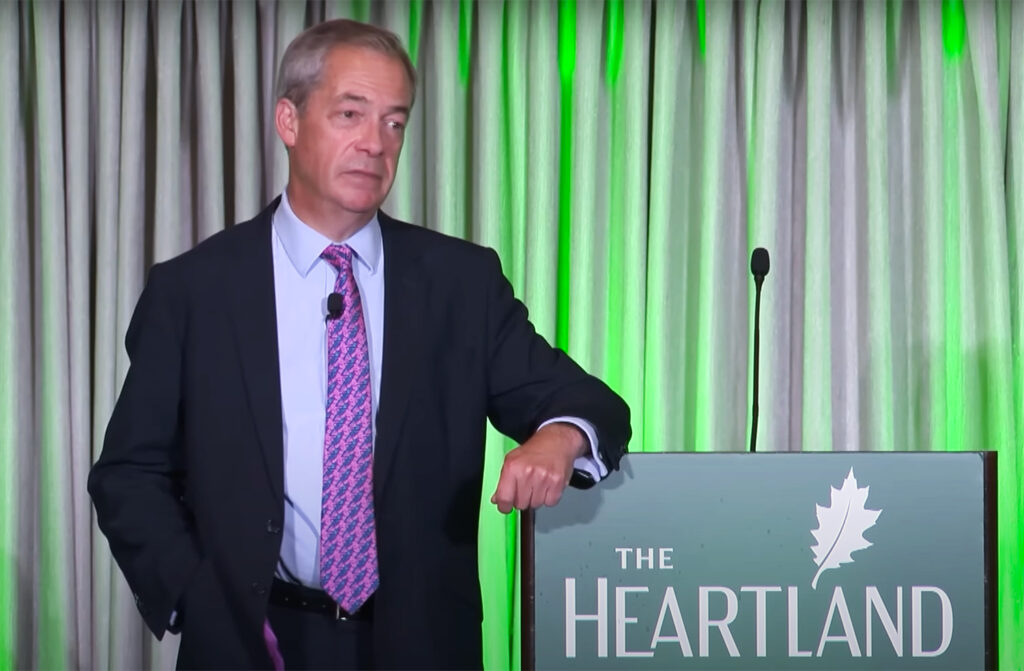Glaring climate inequalities between the Commonwealth’s richest and poorest countries pose a “direct threat to African lives”, a new report has found.
Data analysed by the Kenyan-based climate and energy think tank Power Shift Africa reveals the UK emitted 5.5 tonnes in greenhouse gas emissions per head last year – as much as more than 18 Commonwealth countries combined.
The damning report concludes that the historic, and continuing pollution of the Commonwealth’s leaders – the UK, Australia and Canada – have driven climate change that is already impacting the poorest countries in the bloc worst.
Like what you’re reading? Support DeSmog by becoming a patron today!
African development, energy and climate expert Youba Sokona, told DeSmog: “The vast emissions that the UK, Canada and Australia produce compared to the rest of the Commonwealth are a direct threat to African lives and livelihoods.
“If [the UK, Canada and Australia] really cared about the Commonwealth, like they claim, these leaders would be doing far more to curb their emissions. They would be supporting the other Commonwealth members in their efforts towards zero emissions development pathways and help clean up the mess they have contributed to.”
‘Hollow words’
Commonwealth leaders were quick to sing the praises of the alliance, the report notes, “and yet, when it comes to climate change, the biggest long-term threat to the prosperity of the majority of Commonwealth citizens, these warm words ring hollow”.
The report, “Climate Change Inequality In The Commonwealth”, reveals that Canada and Australia burn more than the combined per head emissions of 27 and 28 Commonwealth countries respectively – half of the bloc’s 54 member states. By contrast, poorer countries such as Malawi and Rwanda emit a tiny 0.08 and 0.09 tonnes of carbon dioxide equivalent per head.
Professor Tahseen Jafry, Director of the Centre for Climate Justice at Glasgow Caledonian University, told DeSmog it was “clear that the poorest nations who have contributed least to climate change are suffering the most”.
“These figures are compelling evidence that the UK needs to act now, and raise ambition to reduce its carbon emissions to meet net zero targets by 2050,” she said.
Read more — African Energy Experts Dismiss UK Climate Science Denial Group’s ‘Misleading’ Report
Green recovery
The report notes that recovery from the COVID-19 pandemic presents an opportunity for Commonwealth countries to transition to a “green, low-carbon, socially inclusive” economy that is “more resilient to external shocks”.
It highlights how more than 60 world leaders, including many from Africa and other poorer Commonwealth nations, signed a 10-point pledge at the 2020 UN General Assembly in September to put the climate at the forefront of their Covid-19 recovery plans.
Speaking at the UK-Africa investment summit in London in January this year, Prime Minister Boris Johnson said the UK would formally end all direct support for coal mining and power plants abroad but still help African countries “extract and use” oil and gas.
During the 2018-2019 financial year alone, the UK’s export finance (UKEF) agency provided more than £2 billion ($2.6 billion) in support and loans guarantees to oil and gas projects overseas, according to an analysis by Climate Home News last year.
Mohamed Adow, Director of Power Shift Africa and author of the report, said: “It’s remarkable that there is such climate inequality within the Commonwealth. Whether it is droughts and desertification in Sub-Saharan Africa, water shortages in Cape Town, floodwaters in Bangladesh and India or rising sea levels threatening the Pacific Islands, more than ever, it’s now clear that the Commonwealth’s poorest citizens are already bearing the brunt of climate change.
“With Boris Johnson seeking new post-Brexit trade deals with Commonwealth members one would think he might act more decisively on climate change considering the impact of the UK’s current, and historic, emissions.”
Disclaimer: Mohamed Adow, founder of PSA, is a Director of DeSmog UK.
Main image credit: PublicDomainPictures/Pixabay
Subscribe to our newsletter
Stay up to date with DeSmog news and alerts







